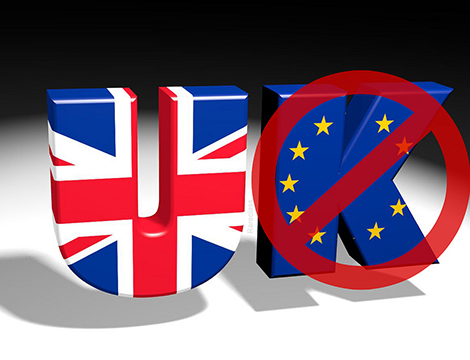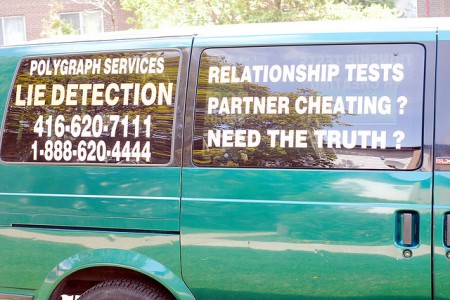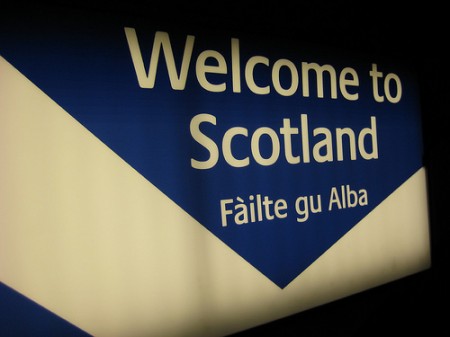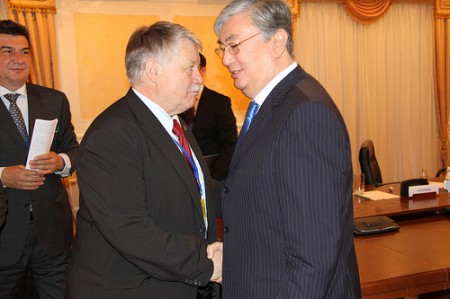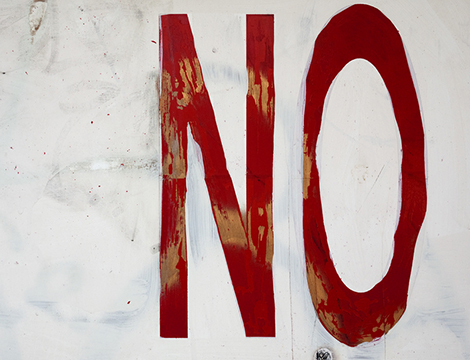
This article was originally published by Political Violence @ a Glance on 20 October 2016.
After six years of negotiations, the Colombian government and the leadership of the Revolutionary Armed Forces of Colombia (FARC) signed a peace agreement to end one of the oldest and bloodiest wars in the country’s history. Although not required to do so by law, President Santos sought to legitimize the agreement by asking Colombians to either ratify or reject the agreement in a referendum. On October 2nd, the “NO” vote (rejecting the peace agreement with the FARC) won with 50.22% of the vote, taking the world—and most Colombians—by surprise.
The leaders of the NO campaign, the international media (see here and here), and a few scholars, have privileged an interpretation of the NO vote as a cry for justice. In recent days, representatives of the NO vote made harsher penalties to the FARC one of their central demands to support a modified agreement.

